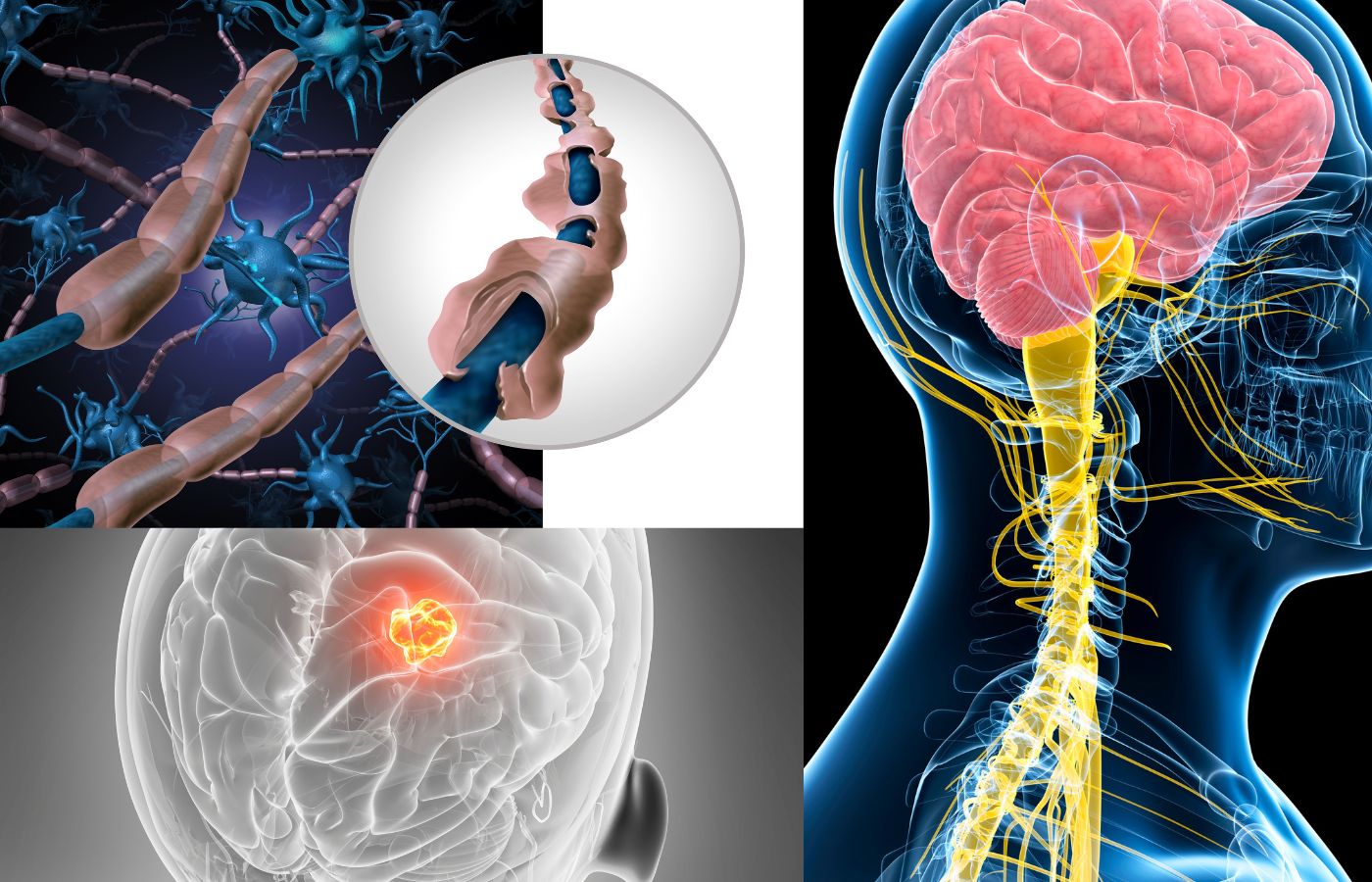
Heart disease remains one of the leading health concerns worldwide. In fast-paced urban areas like Mumbai, lifestyle habits such as poor diet, stress, and lack of exercise are increasing the risk of heart problems. Among the many risk factors, triglycerides play a crucial but often overlooked role.
Understanding triglycerides and monitoring their levels through a blood test in Mumbai can help detect early heart disease risk and support preventive care.
Triglycerides are a type of fat found in your blood. After you eat, your body converts excess calories into triglycerides and stores them in fat cells. Later, hormones release them for energy between meals.
While triglycerides are necessary for energy, high levels can increase the risk of serious cardiovascular conditions. Regular triglycerides test in Mumbai helps track these levels and prevent complications.
Many people focus only on cholesterol. However, triglycerides are equally important when assessing heart disease risk.
High triglyceride levels can:
Contribute to artery hardening
Increase risk of heart attack
Raise stroke risk
Worsen metabolic syndrome
Affect overall cardiovascular health
Doctors often recommend a lipid profile test in Mumbai to evaluate triglycerides along with cholesterol levels.
Understanding your numbers is essential.
Normal: Less than 150 mg per dL
Borderline high: 150 to 199 mg per dL
High: 200 to 499 mg per dL
Very high: 500 mg per dL or above
If your levels are elevated, your doctor may advise a cholesterol test in Mumbai along with lifestyle changes.
Elevated triglycerides do not act alone. They often work together with other risk factors.
High triglycerides contribute to fatty deposits in arteries. Over time, this narrows blood vessels and restricts blood flow.
Patients in Mumbai with sedentary lifestyles are particularly vulnerable.
High triglycerides are often linked with low HDL cholesterol. HDL is the protective cholesterol that helps remove excess fat from the bloodstream.
A complete lipid profile test in Mumbai helps doctors see this full picture.
Metabolic syndrome includes:
High blood pressure
High blood sugar
Excess abdominal fat
Abnormal cholesterol
Many working professionals in Mumbai show these risk patterns due to stress and irregular eating habits.
Very high triglyceride levels can also inflame the pancreas. This is a serious medical condition requiring immediate care.
Routine blood test in Mumbai can help detect dangerously high levels early.
Several lifestyle and medical factors can raise triglyceride levels.
High sugar intake
Excess refined carbohydrates
Obesity
Physical inactivity
Smoking
Excess alcohol consumption
Uncontrolled diabetes
Hypothyroidism
Genetic factors
In metropolitan cities like Mumbai, processed food consumption and desk jobs are major contributors.
One challenging aspect is that high triglycerides usually do not cause noticeable symptoms.
However, very high levels may lead to:
Fatty deposits under the skin
Abdominal pain in severe cases
Signs of metabolic syndrome
Because symptoms are often silent, doctors recommend regular triglycerides test in Mumbai for adults, especially those with risk factors.
You should consider testing if you:
Are above 30 years of age
Have a family history of heart disease
Are overweight
Have diabetes or high blood pressure
Lead a sedentary lifestyle
Consume high sugar or fried foods
Smoke or drink regularly
Preventive screening through a cholesterol test in Mumbai is strongly advised for early detection.
The good news is that triglyceride levels can often be improved with lifestyle changes.
Focus on heart-healthy foods.
Eat more:
Fresh fruits and vegetables
Whole grains
Nuts and seeds
Omega-3 rich foods
Lean proteins
Limit:
Sugary foods
White bread and refined carbs
Fried foods
Sweetened beverages
Dietary changes are especially important for urban residents in Mumbai.
Physical activity helps burn excess triglycerides.
Recommended goal:
At least 30 minutes of exercise
Five days per week
Even brisk walking in Mumbai parks or neighborhoods can make a difference.
Losing even 5 to 10 percent of body weight can significantly reduce triglyceride levels.
Weight management programs combined with regular lipid profile test in Mumbai help track progress.
People with diabetes must keep blood sugar under control. High glucose levels often increase triglycerides.
Regular monitoring through blood test in Mumbai supports better metabolic control.
Alcohol has a strong effect on triglycerides. Even small amounts can raise levels in some individuals.
Reducing alcohol consumption is particularly important for high-risk individuals in Mumbai.
Routine screening plays a vital role in heart disease prevention.
Detects problems early
Tracks treatment progress
Helps adjust lifestyle changes
Prevents future complications
Supports long term heart health
Health experts recommend periodic triglycerides test in Mumbai as part of preventive care.
Accurate results depend on the quality of the laboratory.
Advanced testing equipment
Experienced pathologists
NABL accredited labs
Quick report delivery
Affordable pricing
Convenient locations in Mumbai
Reliable centers like Diagnopein provide comprehensive lipid profile test in Mumbai services with accurate reporting.
Triglycerides are a critical but often ignored factor in heart disease risk. With changing lifestyles in Mumbai, more individuals are developing elevated triglyceride levels at a younger age.
The good news is that early detection and timely lifestyle changes can significantly reduce the risk. Regular blood test in Mumbai, including a lipid profile test in Mumbai, helps monitor your heart health effectively.
Do not wait for symptoms. Preventive screening today can protect your heart tomorrow.

